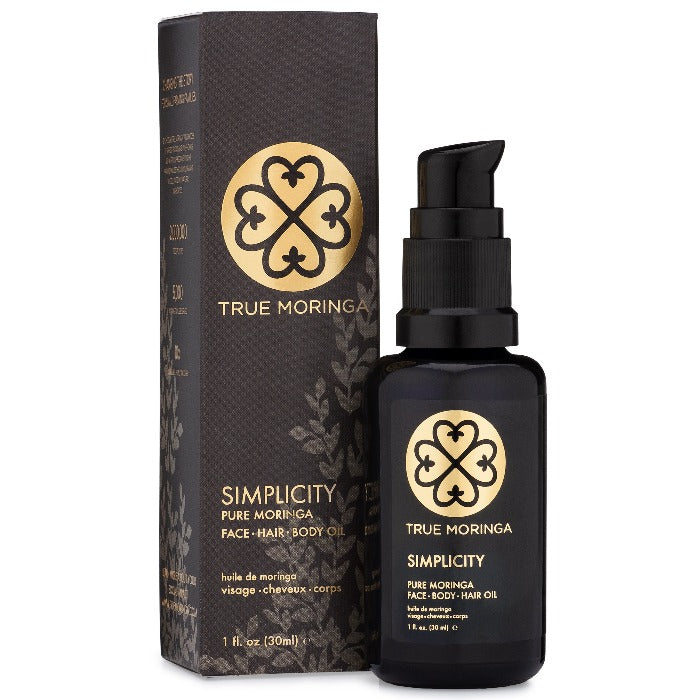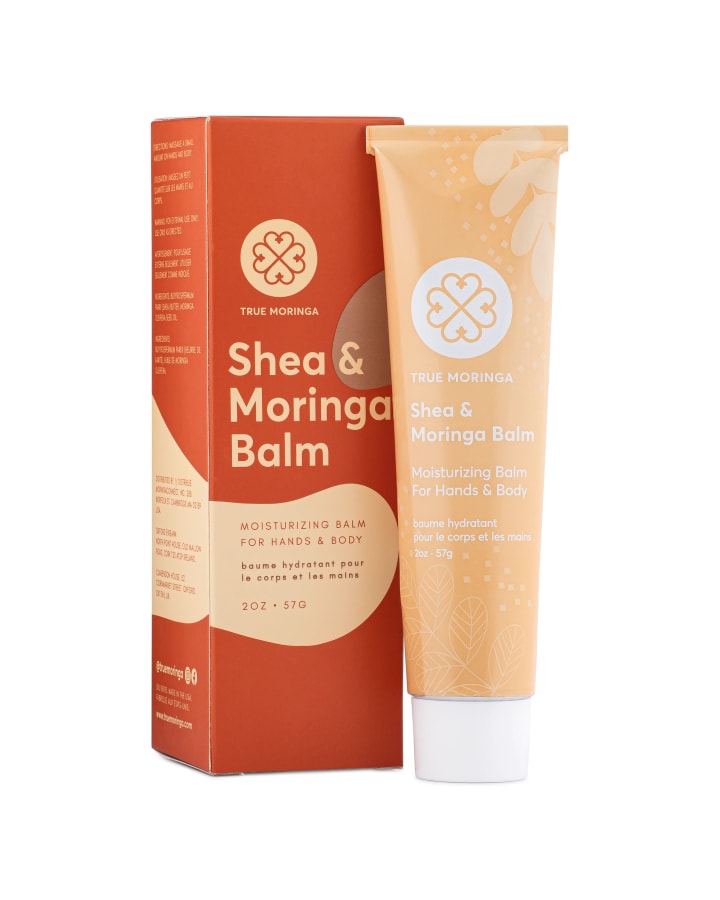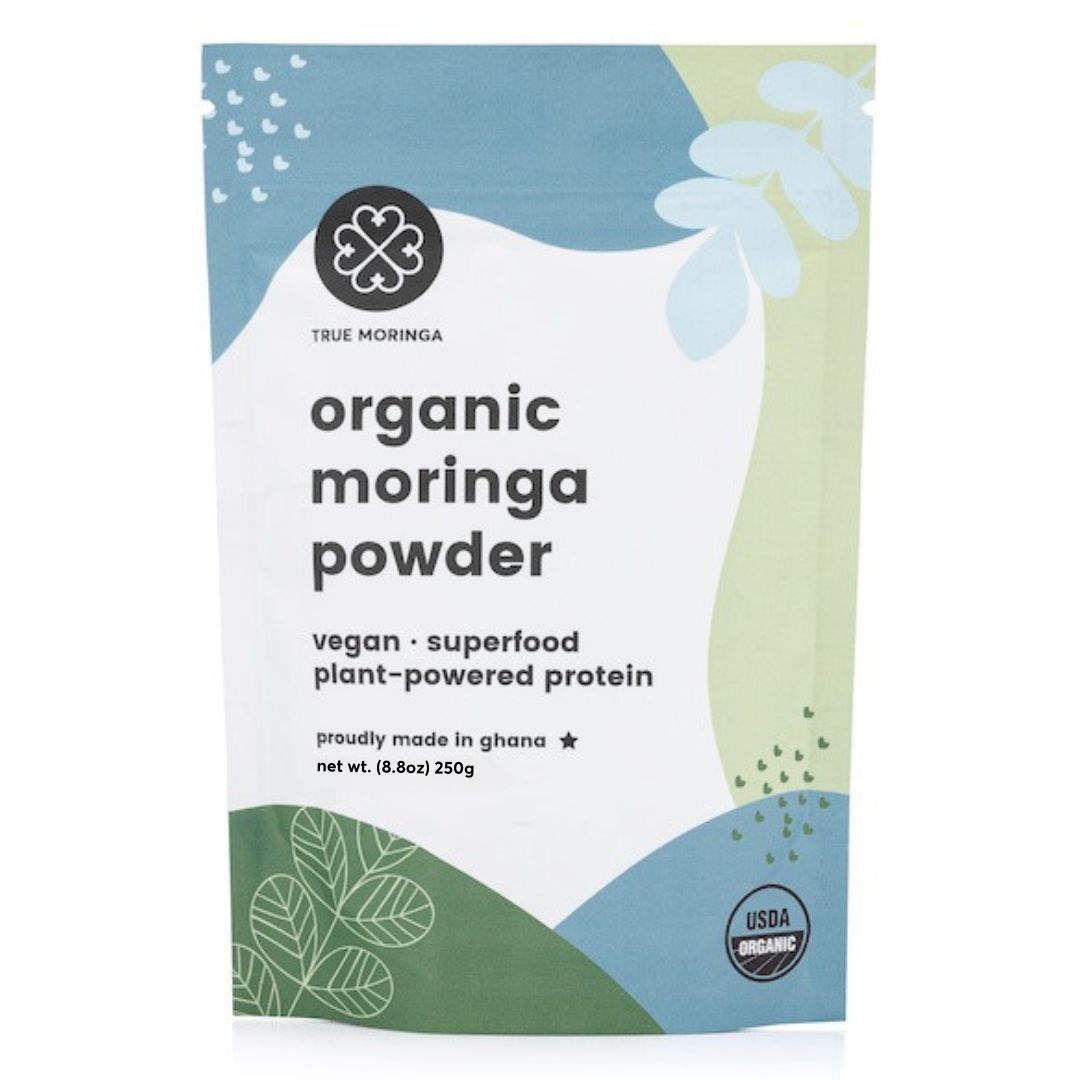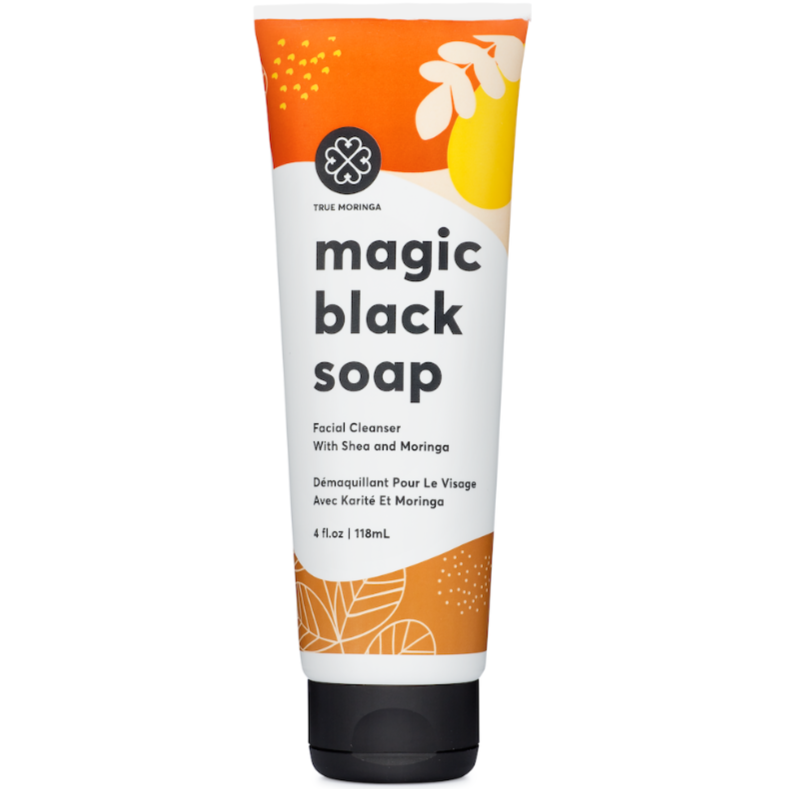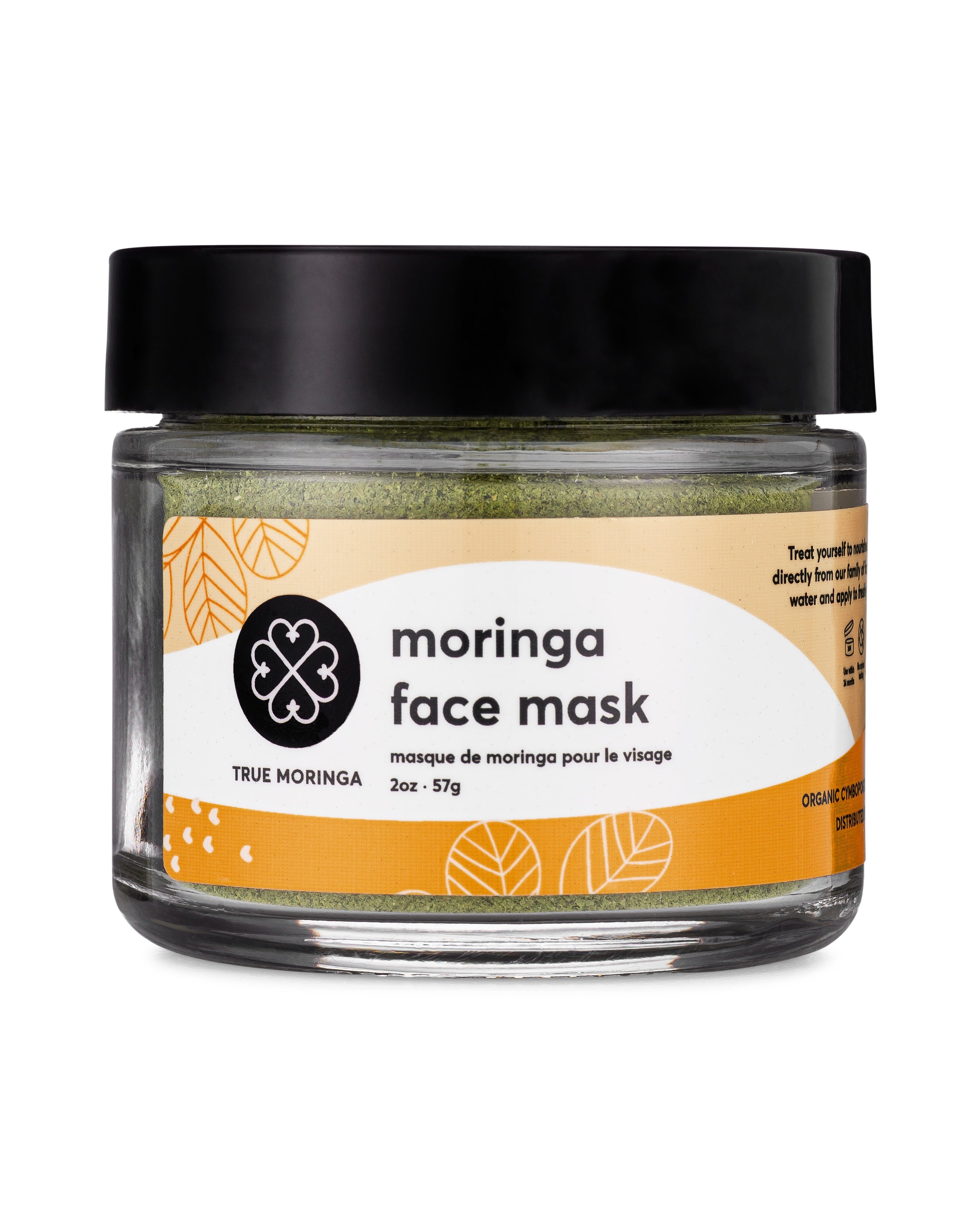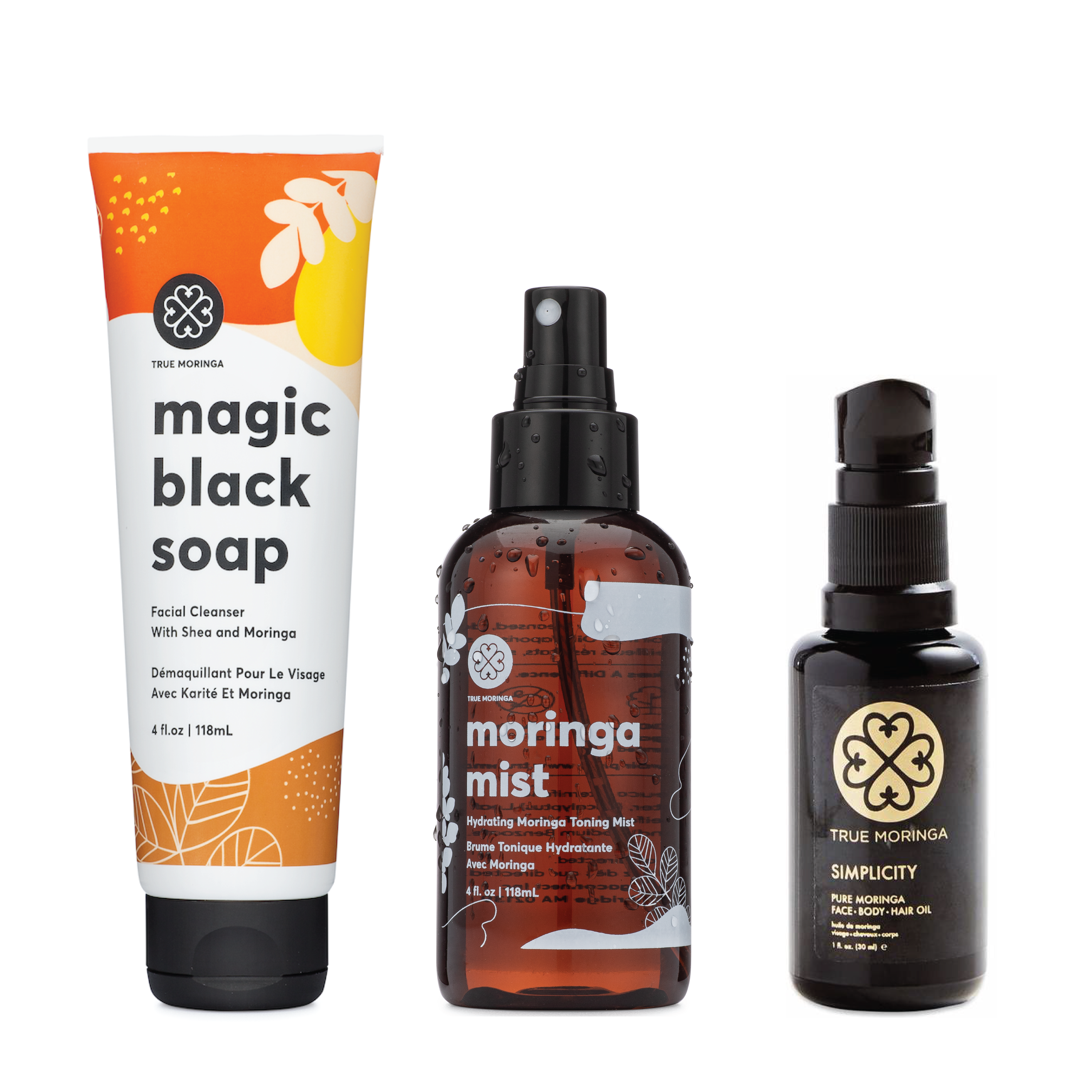


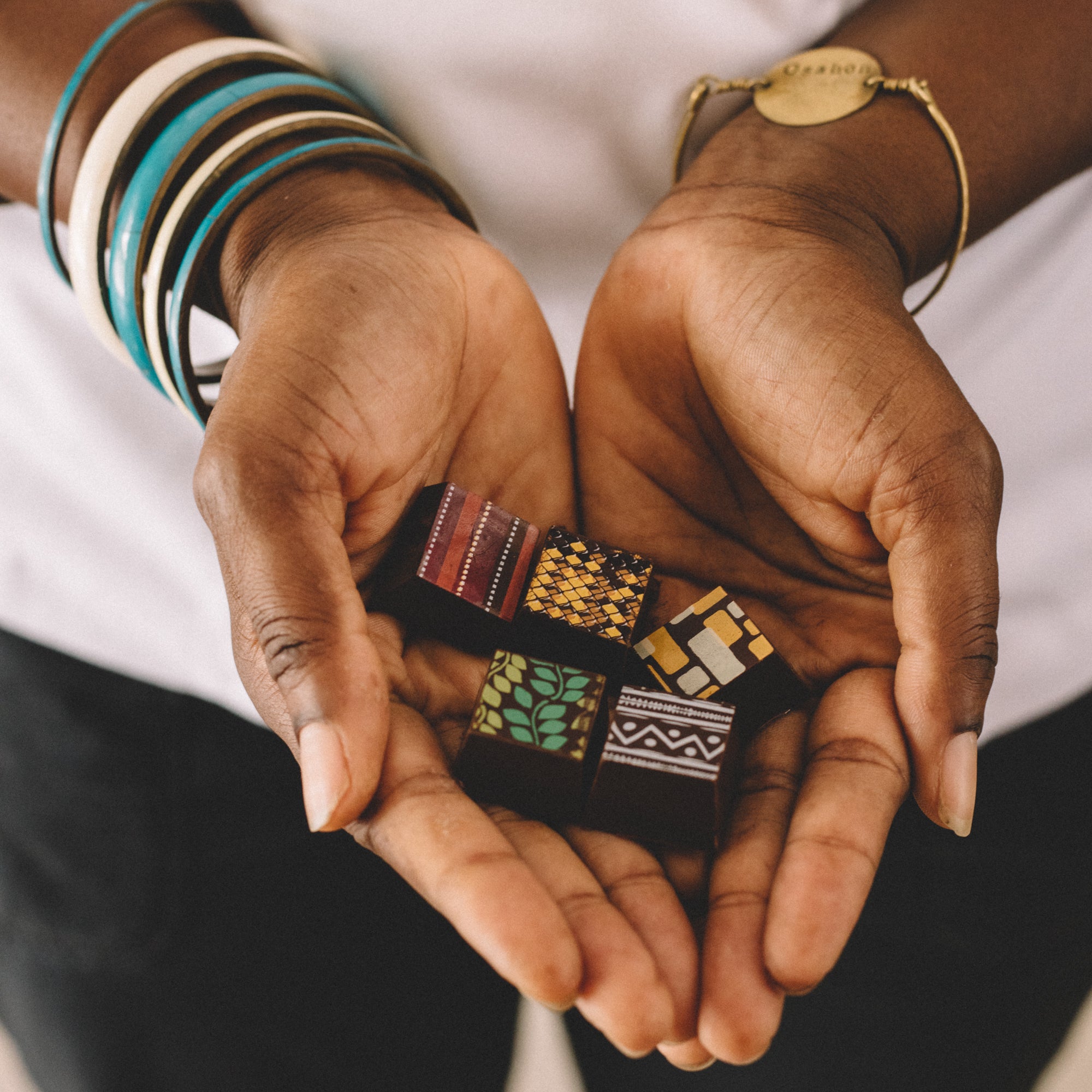
5 Black Owned Food, Skincare & Wellness Brands to Support Now & Forever
This Juneteenth, we're shining a light on incredible Black founders making better-for-you products and making the world a better place while they're at it.
1. Midunu Chocolates
Selassie Atadika is a world renowned, award winning chef featured in the New York Times, NPR, and Bon Appétit and we are lucky to call her a friend. Her chocolates are unlike anything you’ve tried - infused with spices from across the continent.

2. Yvaya Farm

3. Kawa Moka
Growing amongst cacao trees, plantain, and food crops, Kawa Moka coffee, created by Emi-Beth Quantson produces complex notes wrapped up in chocolate, fruit and nuts. They specialize in small-batch, artisan-roasted specialty coffee, grown sustainably by over 20 Indigenous women small-farm owners in the Volta Region.

4. NaturAll Club
Fresh, small batch haircare made with natural hair and curly girls in mind with ethically sourced ingredients, founded by Muhga Eltigani

5. Pholk Beauty
Soul food for melanin-rich skin, thoughtfully made with ingredients sourced from Black diaspora and Black-owned farms in the US, founded by Niambi Cacchioli

Why it Matters
There is a long road ahead for true freedom and equity for Black founders.
Here are the stats:
• Black-founded startups received less than 0.5% of the $140.4 billion in venture funding all US based startups received last year.
• Funding for black founders has declined every year since 2021 - an 86% drop.
• The statistics are even more abysmal for women: less than 0.1% went to Black and Latino women founders. Of the total capital under management by Black VCs, Black women only managed 0.03%.
• Unfortunately the story isn’t any better in the impact investment world. A Village Capital study found that only 10% of capital in East Africa went to startups with local founders, with the majority of dollars going to expats.
Here is what it all means:
I’ve seen the consequences of statistics play out in our community - particularly among my Black women founder friends. These statistics translate to high rates of burnout.
They mean unique, world-changing ideas and community programs aren’t realized.
They mean better-for-you and better-for-the-planet products don't reach enough store shelves.
In short, when we underinvest in Black founders, we all lose.
What can you do?
• Investors: Hire and promote more Black (particularly Black women) decision makers to deploy and manage capital. Reach out to Black founders for recommendations of underrepresented founders who deserve investment dollars.
• Business Leaders: Leverage your network and customer relationships to support Black founders with social capital. As a 2023 report from McKinsey put it “Underrepresented founders are often tokenized; they tend to be offered a barrage of programs to mentor or support them, but don’t provide meaningful help, connections, or long-term contracts.”
• Customers and Retail Buyers: Continue to support Black founders and seek out Black brands long after the trend has passed.

